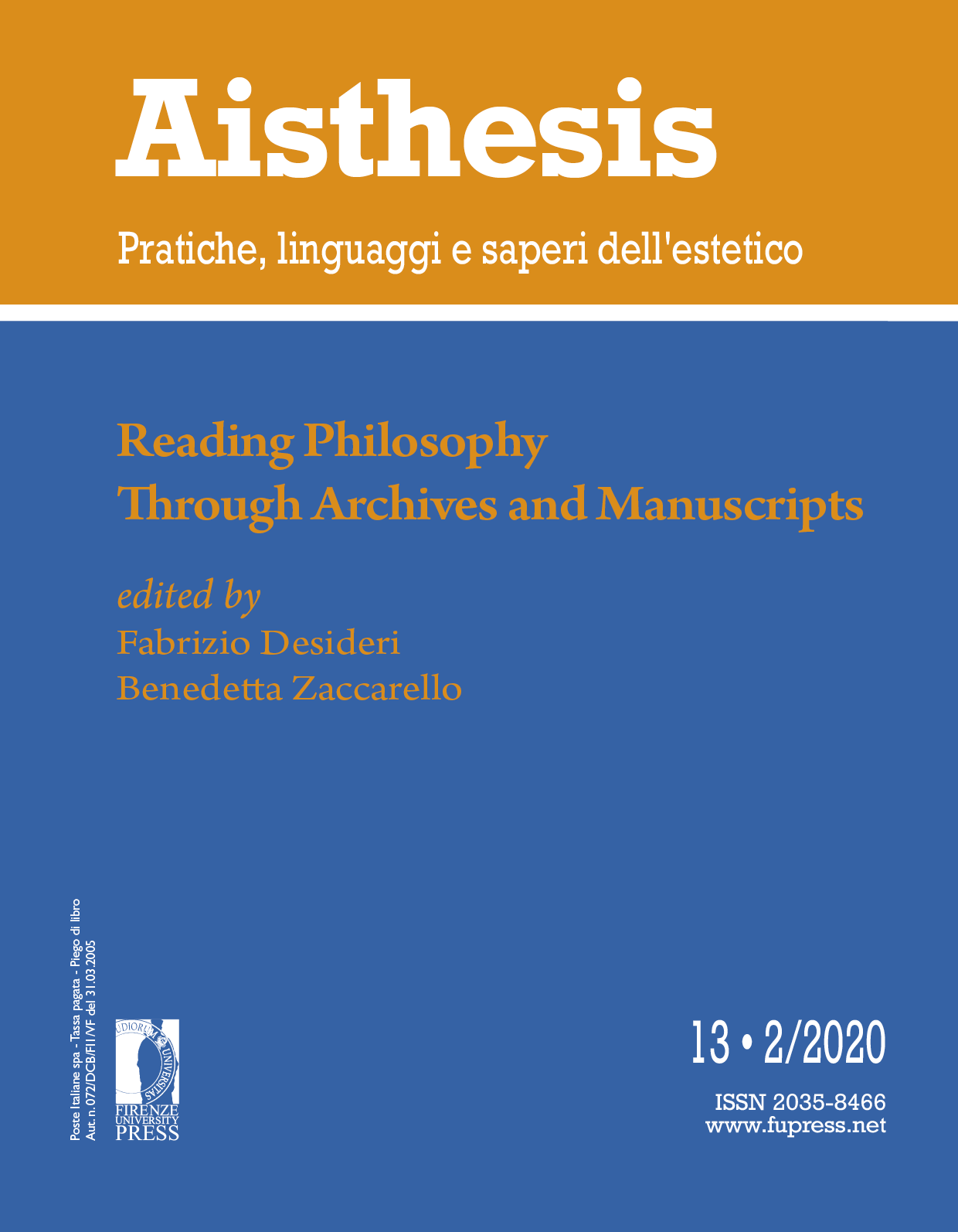Published 2020-12-18
Keywords
- Philosophical poetry,
- naturalism,
- supernaturalism,
- affirmation,
- freedom
How to Cite
Abstract
Philosophical poetry has had a long and distinguished history in different cultural traditions. These traditions have always interacted to some extent, but today the barriers between them have largely broken down. Savitri, an epic in English by the early twentieth-century Indian philosopher and poet Sri Aurobindo, is a notable outcome of the confluence of Eastern and Western civilisations. Based on a creative reworking of a legend from the Sanskrit epic, the Mahābhārata, it incorporates in its neo-Vedantic vision aspects of the worldviews represented by the great philosophical poems of ancient, medieval and modern Europe. As vast in scope as any of these works, Savitri took shape over much of the poet’s life in a way comparable to Goethe’s Faust. A study of the stages of its composition reveals much about the author’s artistic, intellectual and spiritual development and gives insight into the poem’s autobiographical dimension.


